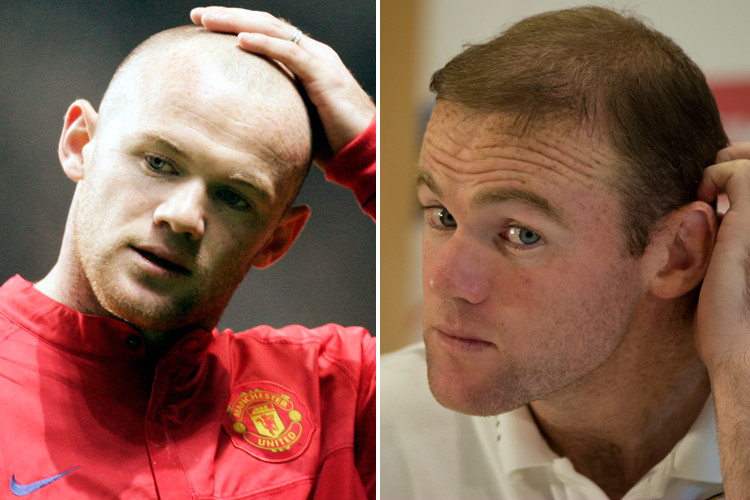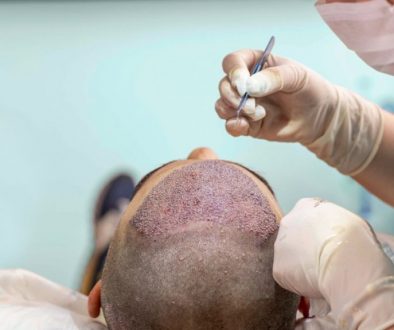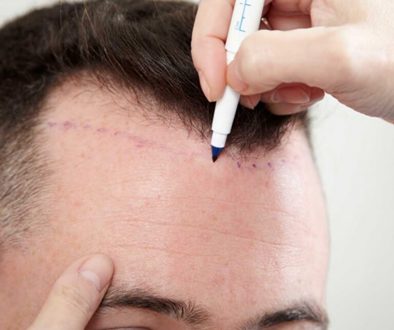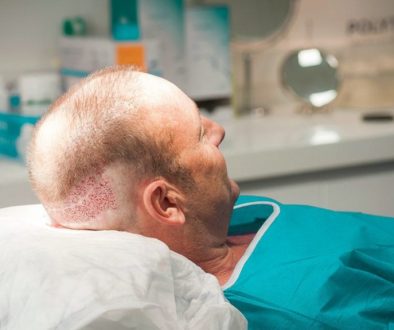What Is The Success Rate Of A Hair Transplant?
I am a 31 year old man , and I have been losing my hair since I was in my early 20’s. I finally feel like I am ready to do something about it, but I’m wondering what the success rate is for hair transplant surgery?
This question isn’t as cut and dry as many would like to believe, there are several variables to consider when evaluating the success of a hair transplant procedure. The patient’s expectations will determine their overall satisfaction with the procedure. This is one of the most important factors in evaluating the outcome of a hair transplant.
Unfortunately, there are limitations associated with surgical hair restoration. The donor supply has a finite number of grafts that can be safely harvested. As patients go balder, the number of grafts required for coverage expands, and the number of grafts available for harvesting diminishes. This is the biggest challenge that hair transplant surgeons all around the world face today. One thing is for sure, there is no guarantees with hair transplant surgery. This is a fact.
Androgenic alopecia (genetic hair loss) is a progressive condition that get’s worse over time. This is why surgeons recommend their patients treat their hair loss through medication therapy. There are two FDA-approved medications called Propecia (finasteride) and Rogaine (minoxidil). Most surgeons recommend their patients use these two medications in conjunction, as they have a synergistic effect.
Let’s address the elephant in the room; surgeon selection. Selecting a qualified hair restoration physician is crucial for the success of the procedure. Selecting a surgeon with a proven track record is vital and places the odds in the patient’s favor. However, even the best hair transplant surgeons, have had patients that were dissatisfied with their results for one reason or another.
That said, these are the keys to having a successful hair transplant procedure. First, you need to manage your expectations and understand that surgery cannot replace hair loss; hair for hair. Second, is stopping the progression of further hair loss through the use of medication. Lastly, you must choose a competent surgeon that has been screened for excellence.
Luckily, the hair transplant network provides patients with the opportunity consult with the world’s best surgeons for free, through an easy to use virtual consultation.
Written and published by,
Melvin Lopez- Editorial Assistant and Forum Co-Moderator for the Hair Transplant Network and The Coalition of Independent Hair Restoration Physician




